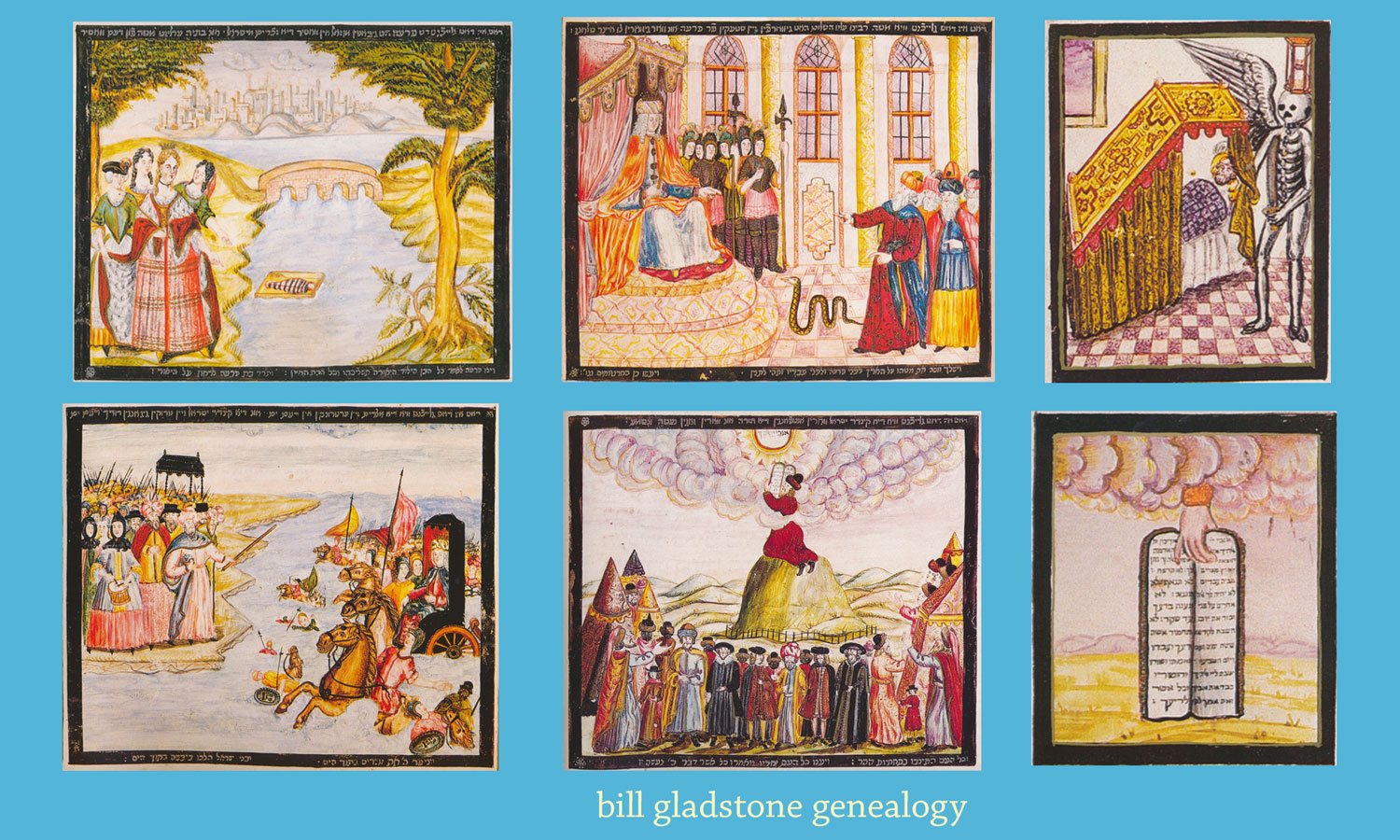Thanks to the efforts of a former computer salesman, a town on Vancouver Island, Canada, has become Mission Control in the international war against Holocaust deniers and neo-Nazis who use the Internet to spread their messages of hate and historical revisionism.
Ken McVay, who is 54, had been unemployed for four months when he discovered some grossly anti-semitic articles and other neo-Nazi propaganda on the internet in January 1992. The offending material was posted by Dan Gannon of Portland, Oregon, and likely funded by the California-based Institute of Historical Review, the foremost Holocaust denial organization in the world.
Outraged by Gannon’s indefensible arguments, which included the assertion that there had been no gas chambers at Auschwitz, McVay sprang into action.”My first reaction was to start insulting him, and that’s what I did,” he recalls. “I thought it was somebody’s idea of a bad joke.”
Neither Jewish nor an academic, McVay knew all about the Holocaust. As a teenager in his native San Jose, California, he had read nearly every book he could find on the Nazi’s racist war against the Jews, which had left six million Jewish dead. Because the Holocaust is one of the most thoroughly documented of historical events, he did not comprehend at first that he had stumbled upon a serious, organized attempt to deny that it had happened.
“After a few days of sending insults, I began receiving messages from people, saying, ‘Thank you for caring, but you’re not doing a bit of good by calling him names.’ They said that if I wanted to do some good I should attempt to educate the public instead.”
Using library books on Auschwitz and other Holocaust topics, McVay labouriously assembled the information to refute Gannon’s specious claims. Often spending 18 to 20 hours a day typing, he soon amassed more than 3,500 pages of information, and found himself a de facto, full-time Holocaust researcher and librarian to users of the Internet. Why did he persist in his one-man crusade? “Because these guys irritate me so much,” he offers. “Everything they do seems so offensive, so highly geared to cause pain, and that really bothers me.”
As his data-base increased, so did the number of electronic requests he received from researchers and educators seeking information on particular aspects of the Holocaust, fascism and the white supremacy movement. Eventually assisted by a team of 65 sympathetic computer activists around the world, McVay’s so-called Nizkor Project — the word is from the Hebrew, for “we will remember” — has grown into one of the world’s largest Holocaust-related Web sites, containing over 60 megabytes of well-organized intelligence.
The Nizkor Project’s vast data-base will certainly increase dramatically in coming years as volunteers donate countless person-hours to bring on-line the entire transcripts of the 1946 Nuremberg trials into heinous Nazi war crimes.
Described as an ordinary man who refused to concede the internet to the purveyors of hate, McVay won the Order of British Columbia earlier this year, the highest honour the provincial government can bestow upon a citizen. “I got involved in this by accident, and now it’s my life’s work,” he says. Although he receives no salary for his involvement with the Nizkor Project, he has become a sought-after lecturer across Canada, and supports his family with his lecturing fees.
“It’s been very rewarding because it has had a major impact on the activities of Holocaust deniers on the Usenet,” he says, referring to the electronic forum where Internet users may engage in public discussions. “They no longer post there because people demand documentation, and I suspect they’re embarrassed by that — they’re staying away in droves. They’ve retreated and gone back to maintaining their own web sites, and I think this is a positive sign.
“What this means,” he continues, “is that though they say they want free and open debate on the Holocaust, when they’re presented with it, they run away.” ♦
© 1992





